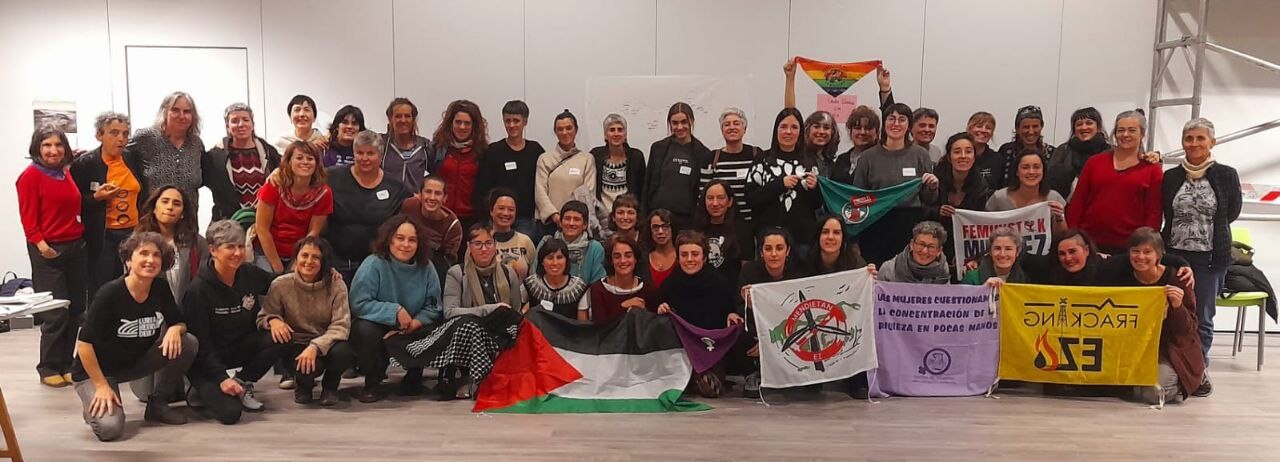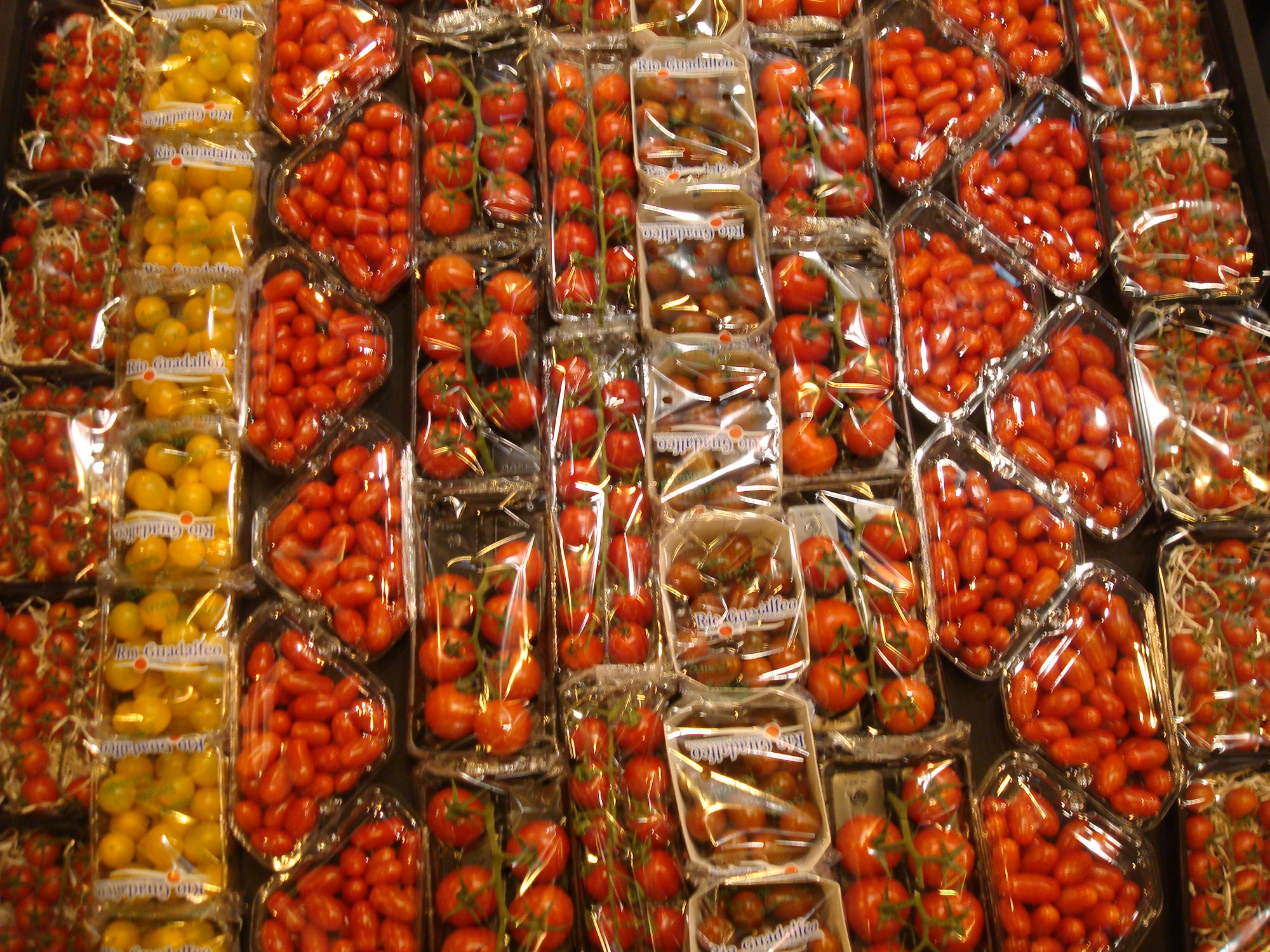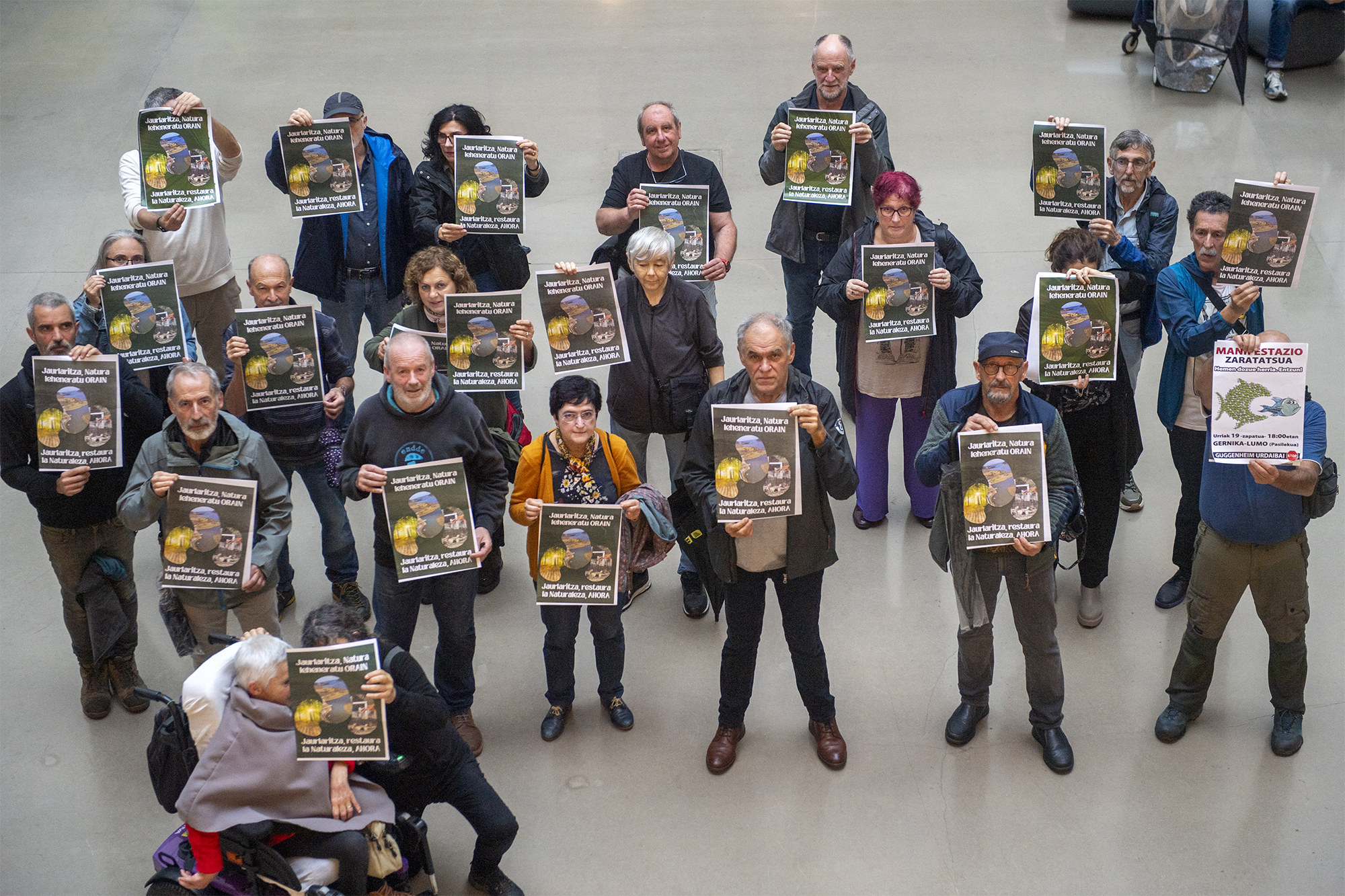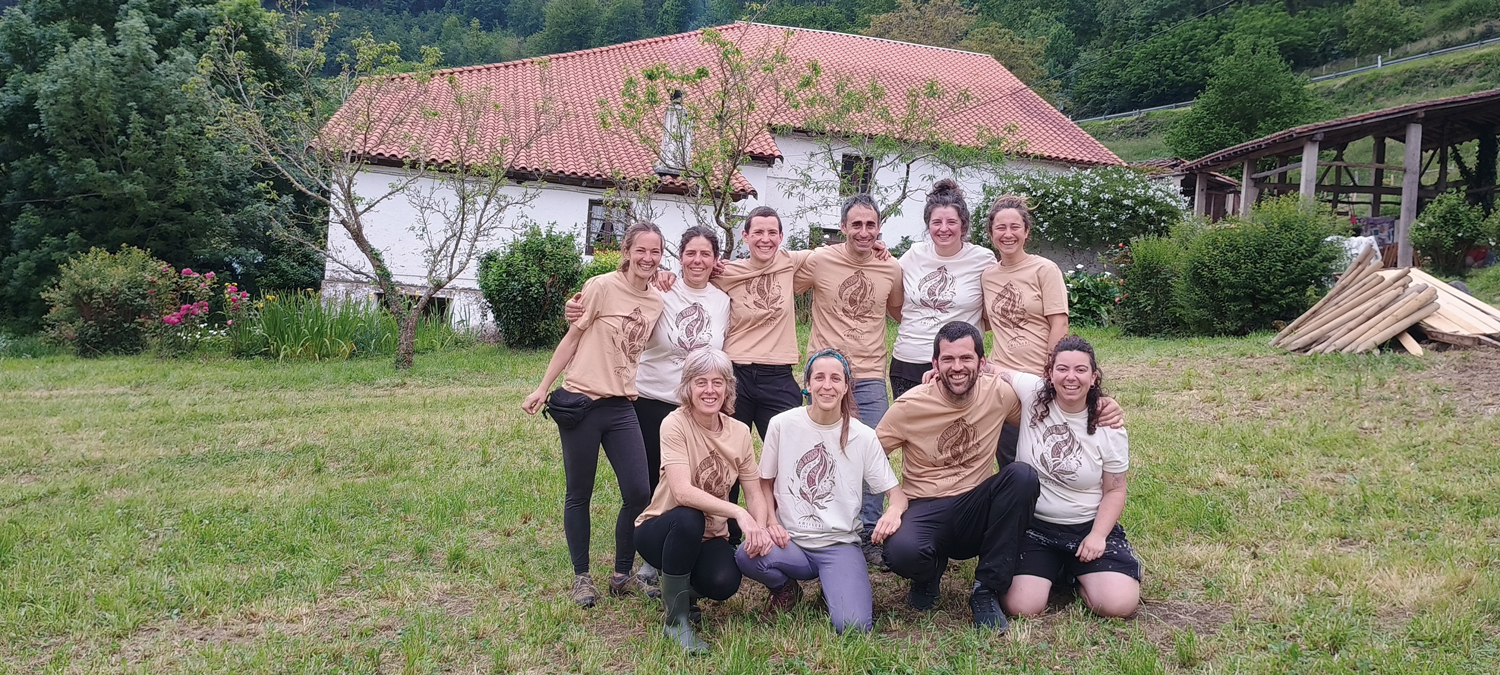"The agroecological system recovers soil fertility and reduces vulnerability to climate change"
- In addition to expert in feeding systems, Marta G. Rivera has participated in the elaboration of the latest climate change reports of the United Nations and is a research professor at the Higher Council of Scientific Research (CSIC). Gemma García has asked in Direct Media for the report “The Need for Agro-Ecological Transition in Spain” by Amigos de la Tierra.

In the context of the energy crisis and the loss of soil fertility, what are the main weaknesses of the agri-food model in Spain?
Dependence on fossil fuels and dependence on foreign trade (imports and exports) are in essence high. If we look at the long-term, the context of climate change is also important: rising temperatures, the proliferation of droughts or floods are going to cause damage. It's a highly vulnerable system.
One of the firm conclusions of the report is that 99% of the food we consume could be produced in Spain. So what are we capable of producing?
He asks me from the point of view of food security, and it would be logical, but our profile of imports and exports basically has a commercial objective. We import and export the food we produce, like pork. For example, we import and export potatoes or import and export tomatoes. This responds fundamentally to the logic of the market and the trade balance. What we produce and eat, what we import and export, depends on the market.
In addition to eliminating this decoupling, the report proposes reducing the consumption of certain foods so that they do not have to be imported.
We have produced the report from the point of view of the right to food and the need to reduce the impacts of the food system, which is contrary to the market. The system should aim to feed the population and, furthermore, because of its fundamental role in the health of ecosystems, it is necessary to do so in a sustainable way. Consideration is being given to whether the Spanish food system can feed the entire population and, in addition to reducing its impact, can contribute to the provision of ecosystem services such as carbon capture. Meat consumption should be reduced because most of our foreign trade is based on the import of crops for animal feed, with all the impacts that this entails in third countries: deforestation, CO2 discharges and social impacts, such as population expulsion or land abandonment. In our territory, pasta is left over, so, in addition to reducing meat consumption, if we regained extensive livestock farming, we would reduce our dependence on foreign trade. It is also necessary to change the protein profile of the meat we eat, in particular to increase the consumption of sheep and goats, which is the production that has most reduced the number of farms in Spain. On the other hand, the consumption of crustaceans should also be reduced, especially from the nozzle we import. Its cultivation has been industrialized with severe environmental impacts, such as the deforestation of submarine (mangrove) forest ecosystems with carbon sequestration capacity, but also the damage caused in communities living in territories such as Ecuador, Honduras, Indonesia or Thailand. In short, when all the social and environmental impacts are eliminated, the kiosks are very cheap.
They set out paths to reach agroecology. But often the fact that it's totally eco-friendly is associated with less productivity. Would production be reduced?
This criticism is the result of a restrictive approach, not of the food system. In a food system, production and consumption cannot be separated. If you just look at production, the result is that there is not enough soil to feed the population, because it is estimated that organic farming produces 30% less than normal. In an agro-ecological system, this is not the case, but since we don't have that much data, we don't add to the model. As for biomass, the agro-ecological model with mixed crops produces more food than monoculture, but as for the kilograms per hectare, the total I get from a single product is less productive. Do we have to think about what I am asking of the food system, goods or food? What I mean is that we have underestimated the potential to feed the population of the Spanish State, because we have assumed that productivity would be 30% less, because we use indicators thought of from a production and market perspective.
In the current system, intensive use of synthetic fertilizers and pesticides has been enhanced to increase productivity. You explain that an agro-ecological model means its elimination, because they destroy the land. How do these contradictory messages appear?
In principle, the greatest loss of productivity in organic farming is due to the abandonment of the use of synthetic fertilisers. Despite the short-term loss of productivity, in the long term it increases because the soil once again acts synergistically with the plant. We now have dead land, the organic matter and the microbial activity of the earth are almost dead. When this recovers, synergies are created and productivity is increased. Nor have we taken account of the report’s calculations that, once again, the capacity for sovereignty is undervalued. Crop rotation technique is also very beneficial for land. Legumes allow soil to be fertilized with nitrogen, since the plant captures nitrogen from the air and mineralizes the soil, reducing the need for inorganic fertilization. Thus, the integration of green fertilisers with agriculture and livestock [refers to the infiltration of land by animals] reduces the dependency on synthetic fertilisers.
According to the report, the production of legumes should be increased by six. What would be the main changes in consumption to achieve an agro-ecological system?
In essence, we must take a Mediterranean diet, which leads to a considerable increase in the consumption of legumes (vegetable protein), vegetables and fruit, as well as a reduction in meat and sugar. The cost of industrial livestock farming does not reflect the actual cost of biophysical farming, so the consumption of meat with local resources has been analysed and it has been concluded that it should be reduced by one third. However, we would still maintain a hyperproteic diet. But if we focus on the type of meat, our conclusion is that we should reduce the consumption of pork, chicken and beef, while significantly increasing the consumption of sheep and goats. In an unchanged situation in the diet, the amount of land used for animal food crops is higher than that used for human consumption, but in case of change of diet it would be the other way around. A balanced diet has very positive environmental impacts.
Besides changing our diet, is it essential not to waste food?
Reducing food loss is critical to achieving a sustainable food system. Globally, according to the Food and Agriculture Organization of the United Nations (FAO), one third of production is eliminated. We are proposing to reduce 50% of what is spent.
Extreme weather phenomena are on the rise. How can this affect crop change proposals?
Firstly, the calculations we put forward in the report mean changes in greenhouse gas emissions. Scientific literature tells us that agroecology allows us to adapt to climate change, as it involves the conservation and improvement of the soil. This soil regeneration is perceived by the increase in organic matter. So, in addition to absorbing carbon, it produces a sponge effect: when it rains the water is held back and when there is drought the water comes out. Organic matter also protects soil from erosion. An organic agricultural system therefore recovers soil fertility and reduces vulnerability to climate change, i.e. droughts and floods.
It seems that there is scientific consensus to say that we have to move on to agroecology. Why is there no political action in that direction?
I don't know if it's because of the inertia of the system, because of the lack of political courage, or if the weight of corporations is too strong. One of the things that we are now raising in a study that we are doing is the influence of fragmented governance. A Ministry of Consumer Affairs follows a line of reduction in meat consumption at the same time as a commitment to extensive livestock farming, but there is a Ministry of Agriculture in the opposite direction. The food system requires cross-cutting governance that combines consumption, agriculture, health and social well-being, as it needs to pay the cost of food and ensure that everyone has access. This fragmented governance generates contradictory policies.
Similarly, people who care for land and livestock, who guarantee food, are not protected.
If we understand food as a commodity and live in a capitalist system, what is the point of taking measures to protect farmers? In fact, the Community agricultural policy, in its reform of the year 2000, proposed aid for the closure of non-competitive farms with a demanding market perspective: only large farms can survive. If you take the human rights perspective, you suggest that, like health or education, food also requires state intervention and that there are various formulas, including changing the perspective on the role of farmers in society: they feed us and must be able to do so by preserving the environment and with healthy food. The problem is that the dominant discourse at the global level understands food as a commodity.






















